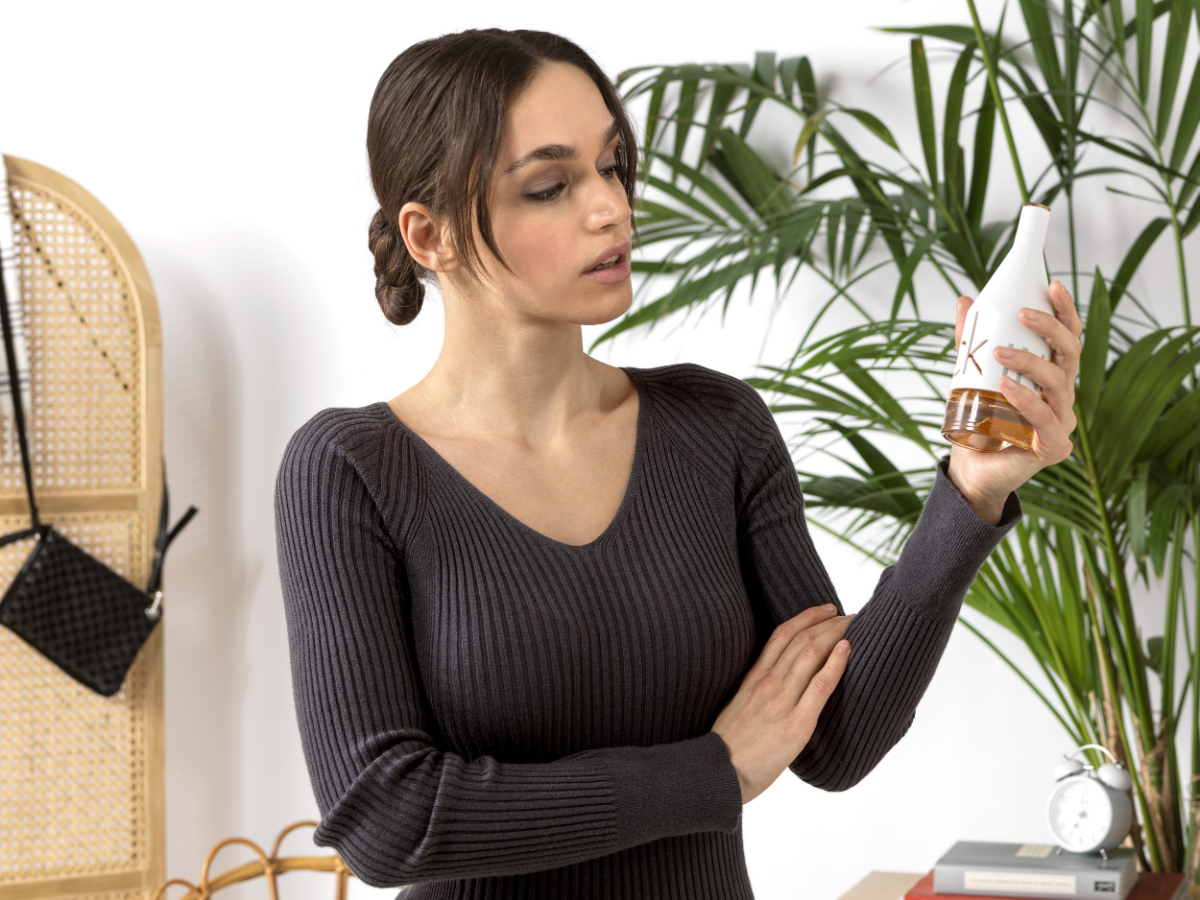Perfume is not just a frivolous luxury but an essential aspect of personal expression. Whether it is the alluring aroma that turns heads or the nostalgic scent that evokes cherished memories, the right fragrance can elevate your mood and presence. However, the disheartening experience of a scent that fades away too quickly prompts many to wonder: why doesn’t my perfume last? Herein, we delve into the common pitfalls that mitigate the longevity of fragrances, providing a wealth of insights to enhance your olfactory experience.
1. Selecting the Wrong Fragrance Concentration
One of the primary culprits regarding the fleeting nature of perfumes is the choice of concentration. Fragrances are generally available in several forms: parfum, eau de parfum, eau de toilette, and eau de cologne, each with varying levels of aromatic compounds. Parfum contains the highest concentration, typically ranging from 20% to 30%, making it the most enduring choice.
Eau de parfum, with around 15% to 20% concentration, offers a balance between longevity and affordability. Conversely, eau de toilette (5% to 15%) and eau de cologne (2% to 5%) tend to evaporate more swiftly. Understanding these differences is critical when seeking lasting fragrance; opting for a higher concentration will inherently improve durability.
2. Improper Application Techniques
The way in which you apply perfume can significantly influence its lasting power. Incorrect application techniques can diminish the efficacy of even the highest-quality fragrances. Ideally, perfume should be applied to pulse points—areas where the blood vessels are closest to the skin’s surface, such as the wrists, behind the ears, the base of the throat, and the inner elbows. These warm areas help to diffuse the fragrance more effectively throughout the day.
Additionally, skipping the moisturization step can be detrimental. Fragrances bind more adeptly to hydrated skin; thus, applying perfume immediately after showering or using an unscented lotion can extend its wear. Avoid rubbing wrists together after application, as this can disrupt the fragrance’s molecular structure, altering its intended scent profile.
3. Environmental Factors
The environment in which you wear your perfume can undo even the best application techniques. Heat, humidity, and exposure to sunlight can accelerate the evaporation of fragrance. It is advisable to avoid applying perfume in excessively warm areas or when sweating profusely. For optimal results, consider applying scent in cooler, controlled environments.
Storage also plays an overlooked role. Perfume should be stored in a cool, dark place, away from sunlight and heat sources, which can break down the delicate balance of ingredients and ultimately hamper longevity. Leaving a fragrance in a bathroom or near windows is a common misstep that can lead to a diminished scent over time.
4. Skin Type and pH Levels
Each person’s skin is unique, influenced by factors such as oil production, hydration levels, and skin pH. Oily skin tends to hold fragrance better than dry skin, as oils naturally retain scent molecules, prolonging the fragrance’s presence. Conversely, those with dry skin may experience a quicker evaporation rate.
Consider utilizing layering techniques. Incorporating body products like scented oils or lotions not only hydrates the skin but also reinforces the fragrance. This two-fold approach ensures that the scent remains anchored to the skin, enhancing its longevity throughout the day.
5. The Quality of Ingredients
The quality of the ingredients used in a perfume profoundly impacts its longevity. High-quality natural components are often more enduring than synthetic alternatives. Cheaper, mass-produced fragrances might appear appealing due to their cost, but they may lack the complexity and depth found in niche or artisan perfumes. Opting for well-crafted fragrances from reputable brands typically results in a longer-lasting scent experience.
Be sure to read the ingredient list if possible; note the presence of base notes, like sandalwood or amber, which are designed to last longer and form the foundation of a fragrance’s character. Skipping these for lighter top notes, like citrus, can result in an ephemeral scent that does not wear well.
6. Over-Spraying
Ironically, overdoing it can lead to a perfume that fades faster. The olfactory receptors can become desensitized with excessive application, leading to a phenomenon known as “olfactory fatigue,” where one may no longer notice the scent despite it being present. A discerning approach to fragrance application is beneficial; rather than dousing oneself in scent, aim for a few well-placed spritzes on key pulse points.
Moreover, consider the surrounding air of your application area. Being in confined spaces, such as elevators or buses, can heighten perfume intensity. Understand the context and appropriateness of your fragrance application to avoid overwhelming both yourself and those around you.
7. Timing of Application
Another common mistake relates to the timing of fragrance application. Many people apply their perfume just before leaving home, overlooking the fact that surfaces and clothing can absorb much of the scent. For maximum longevity, it is wise to apply fragrance directly on your skin, either when getting dressed or even several hours in advance. This allows the scent to fully develop and become attuned to your natural oils, enhancing its presence.
Conclusion
Navigating the intricacies of fragrance longevity can be challenging, especially when a cherished scent quickly fades. By understanding the common pitfalls—ranging from the concentration of the fragrance to application techniques and environmental influences—you can take actionable steps to prolong the presence of your chosen perfume. With consideration, one can ensure that their olfactory signature remains an unforgettable element of their personal style.

